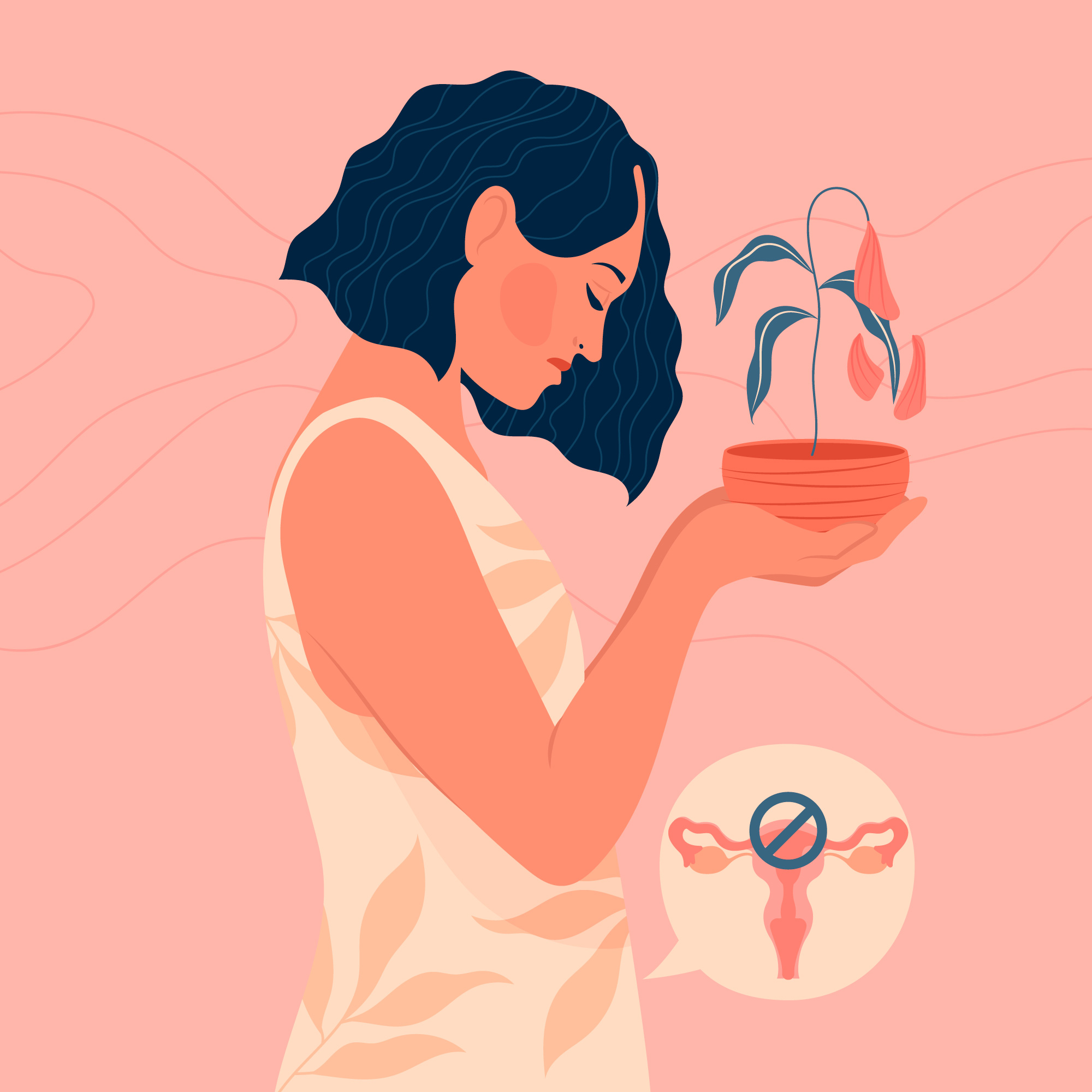Untangling the Connection: How Childhood Trauma Relates to Adult ADHD” Attention Deficit Hyperactivity Disorder (ADHD) and Childhood Trauma in Adults
Attention Deficit Hyperactivity Disorder (ADHD) and childhood trauma are two common mental health conditions that can have a significant impact on a person’s life. ADHD is characterized by difficulty paying attention, hyperactivity, and impulsiveness. Childhood trauma refers to difficult experiences during a person’s early years that can leave emotional scars.
The Link Between ADHD and Childhood Trauma
Research suggests that there might be a link between childhood trauma and developing ADHD as an adult. The stress and challenges of childhood trauma can affect the way a person’s brain develops, making ADHD symptoms more likely. For example, studies have shown that children who experience abuse or neglect are more likely to develop ADHD later in life.
How It Can Affect You
Having ADHD and dealing with childhood trauma can sometimes make things feel even more challenging. For instance, you might struggle with focusing when your mind is filled with memories of the past. Or the restlessness from ADHD might mix with the emotional scars of trauma.
Coping and Healing
If you are an adult with ADHD who has experienced childhood trauma, it is important to seek professional help. A mental health professional can evaluate your symptoms and develop a treatment plan that is right for you. Treatment for ADHD and childhood trauma typically includes a combination of medication, therapy, and lifestyle changes.
Here are some tips for coping with ADHD and childhood trauma:
Get regular exercise. Exercise can help to improve your mood, reduce stress, and improve your sleep.
Get enough sleep. When you are well-rested, you are better able to cope with the symptoms of ADHD and trauma.
Eat a healthy diet. Eating a healthy diet can help to improve your overall health and well-being.
Practice relaxation techniques. Relaxation techniques, such as yoga and meditation, can help to reduce stress and anxiety.
Seek support from friends and family. Talking to someone you trust can help you to feel less alone and can provide you with emotional support.
Moving Forward
Remember: you are not alone. Many people face similar challenges, and there is no one-size-fits-all solution. With the right help, you can manage your symptoms and live a fulfilling life.
For More Information Click here


